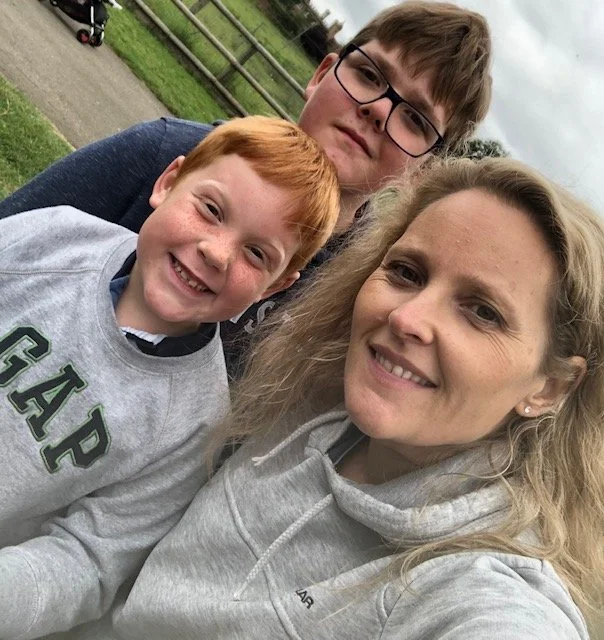By Claire Burgess, Family Consultant. Friendships and social interactions are a key part of our children’s lives. Friendships help our children learn about the way that we interact with peers, social cues and norms (which can be different with peers than with adults), and gaining a sense of belonging away from their family unit.
It is all very normal and natural for friendships to have their highs and lows but this can be extremely hard for a parent to watch if their child is having a difficult time. We all want our children to be happy and have friends, but this can take time to establish and there can be some very tricky moments.
Read More









